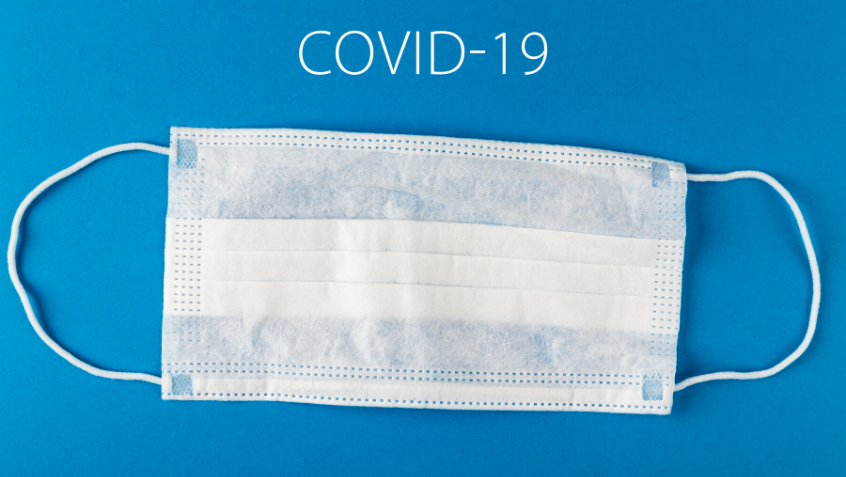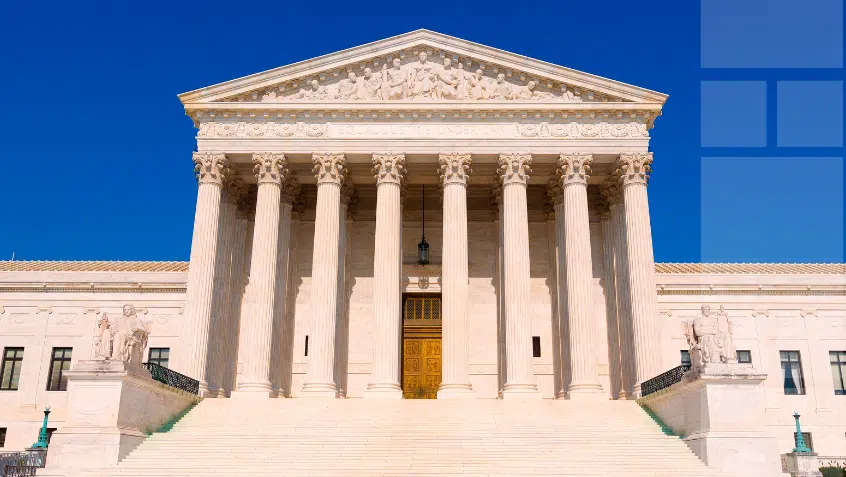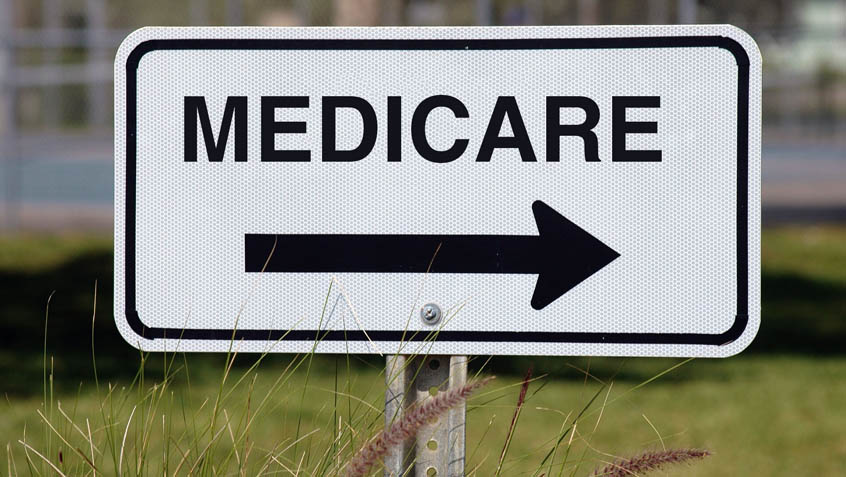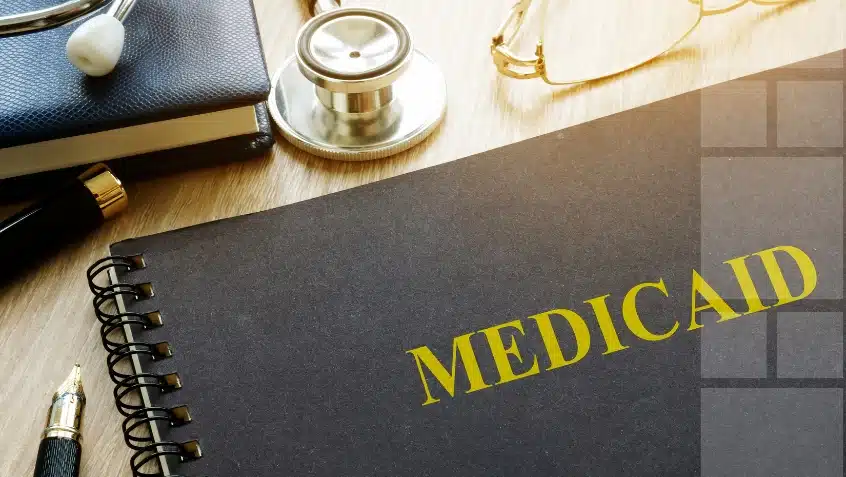
Legal Attacks on ACA Ramp Up, Threatening Coverage for Millions
Today, opponents of the Affordable Care Act (ACA)—which include 18 states and the Trump Administration—must file opening briefs with the U.S. Supreme Court in the next stage of their attempt to dismantle the health care law.








